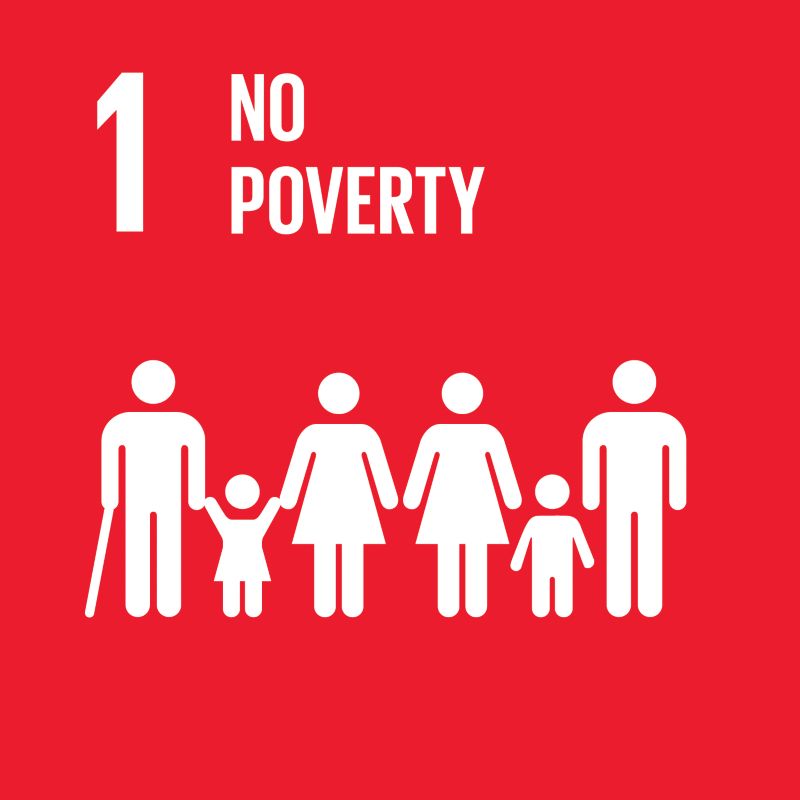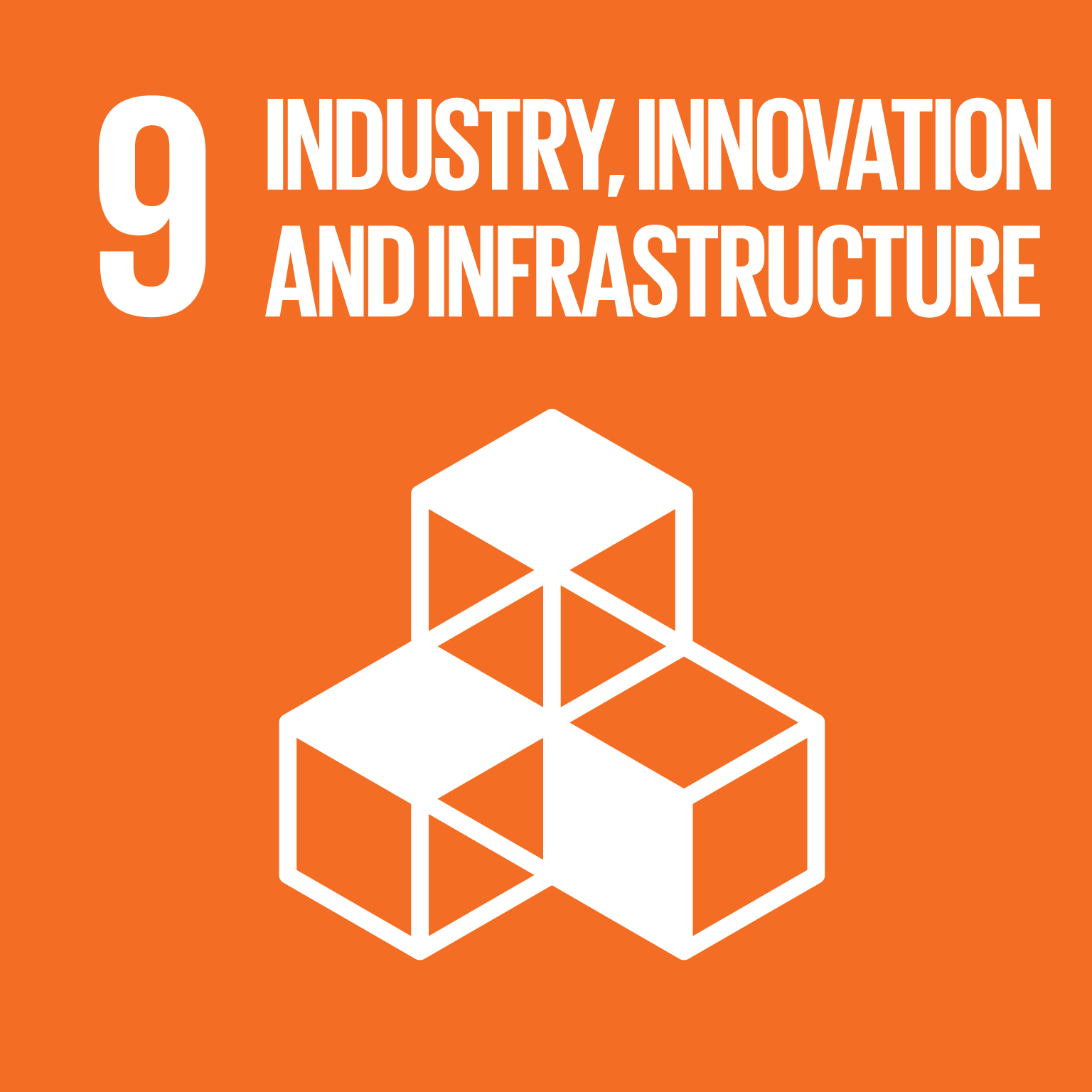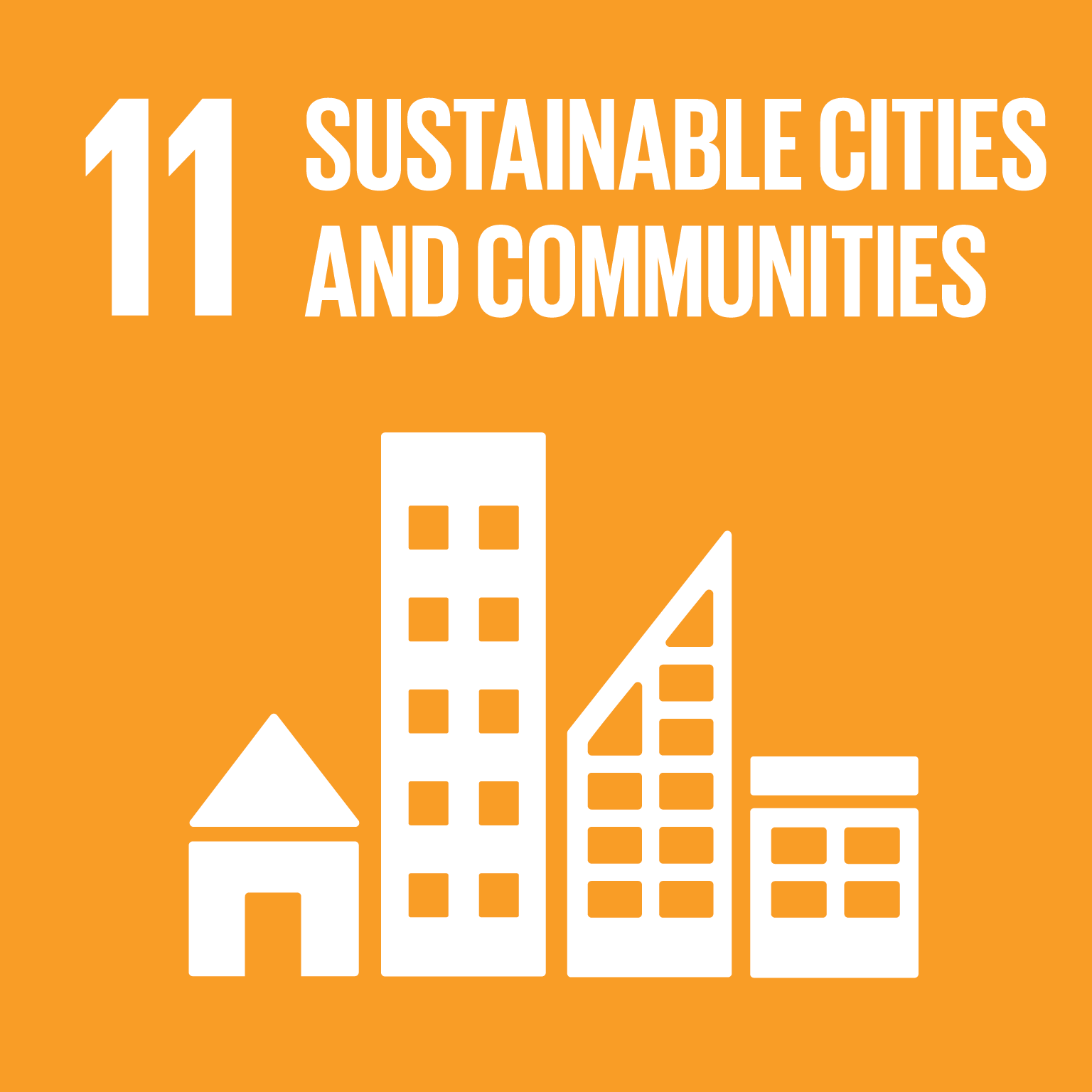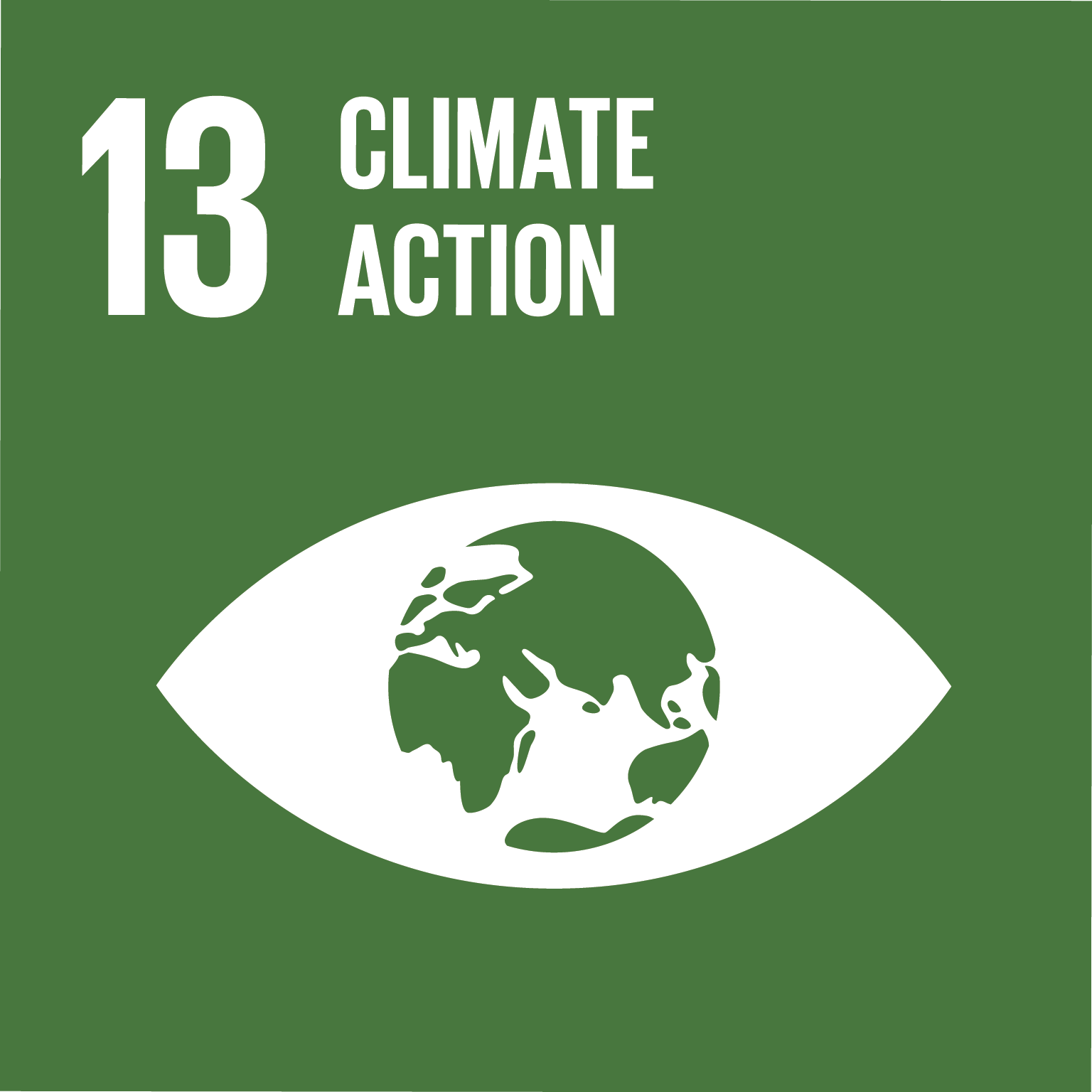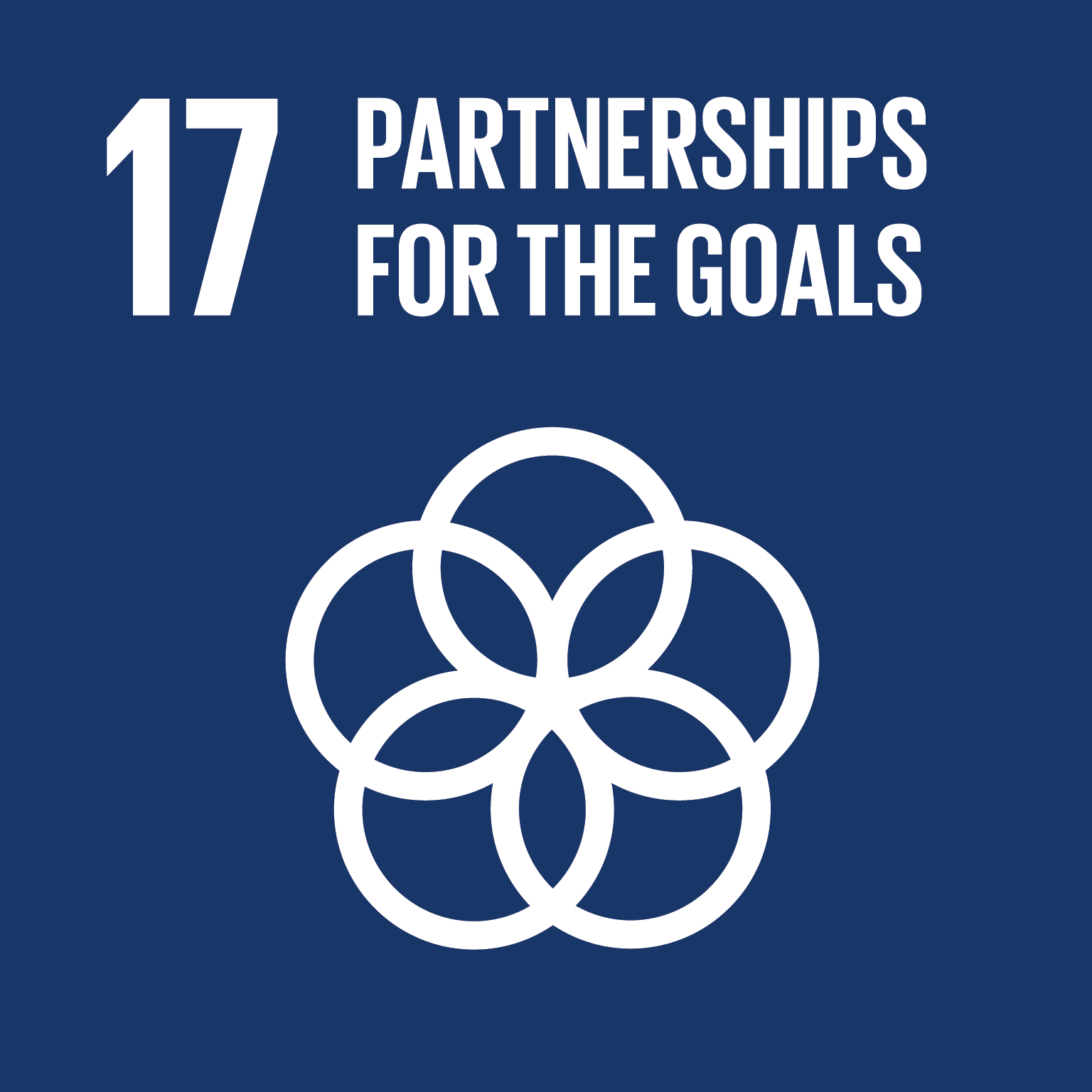RMIT University is generating comprehensive community profiles though site visits, household and settlement surveys; complemented by different geospatial datasets e.g. LiDAR and drone imagery.
This will not only provide an evidence base that profiles fast-growing informal settlements in support of local Government processes of land tenure formalisation and settlement upgrading, but will also be used to inform local climate and urban resilience actions at the community level.
Project timeline: 2019 - 2020
Key contributors: David Mitchell, Darryn McEvoy, Serene Ho, Yaguang Tao and Tarsilla Lehmann
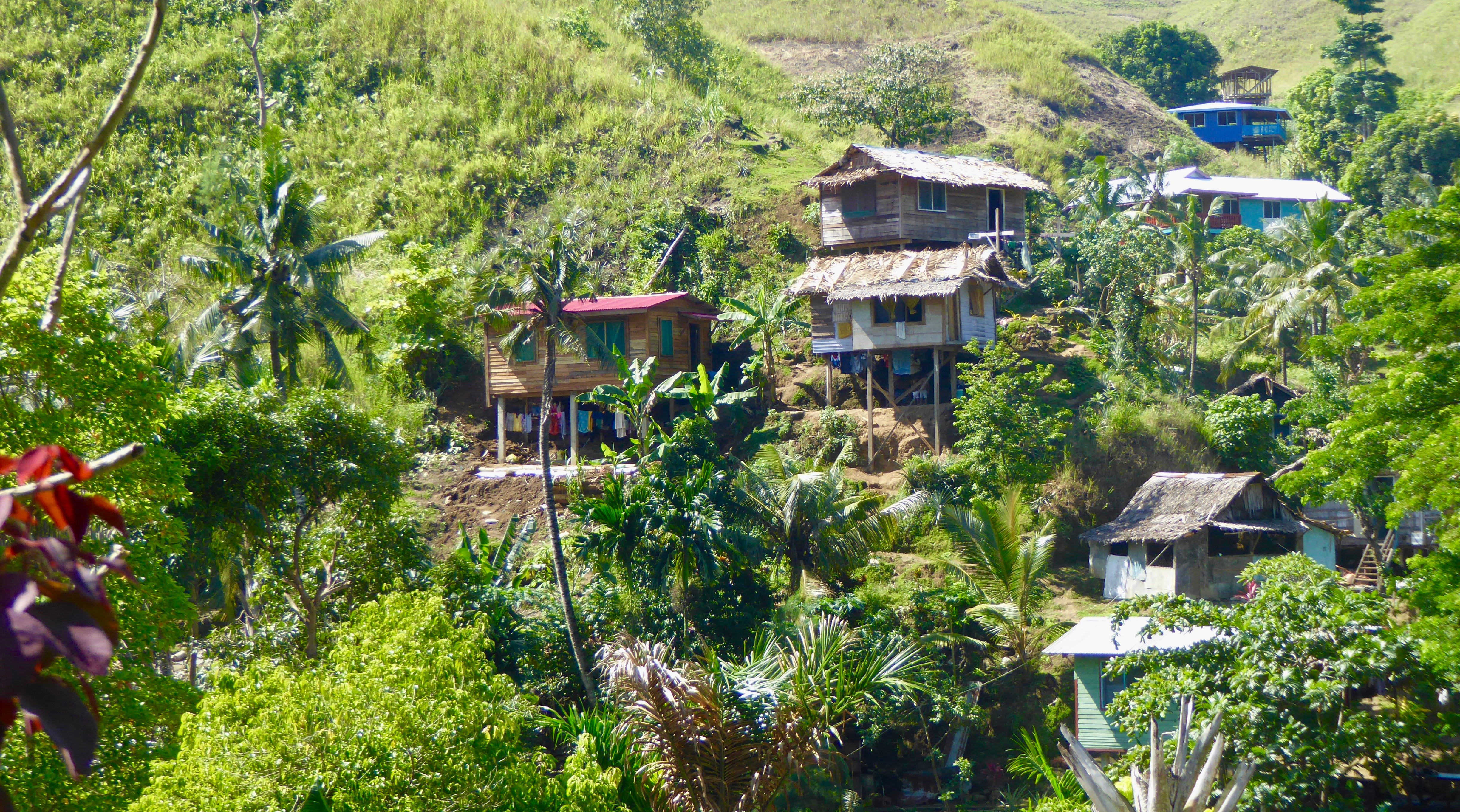
This project addresses the following Sustainable Development Goals and Targets:
1.5 By 2030, build the resilience of the poor and those in vulnerable situations and reduce their exposure and vulnerability to climate-related extreme events and other economic, social and environmental shocks and disasters
9.a Facilitate sustainable and resilient infrastructure development in developing countries through enhanced financial, technological and technical support to African countries, least developed countries, landlocked developing countries and small island developing States
11.1 By 2030, ensure access for all to adequate, safe and affordable housing and basic services and upgrade slums
11.3 By 2030, enhance inclusive and sustainable urbanization and capacity for participatory, integrated and sustainable human settlement planning and management in all countries
11.a Support positive economic, social and environmental links between urban, peri-urban and rural areas by strengthening national and regional development planning
11.b By 2020, substantially increase the number of cities and human settlements adopting and implementing integrated policies and plans towards inclusion, resource efficiency, mitigation and adaptation to climate change, resilience to disasters, and develop and implement, in line with the Sendai Framework for Disaster Risk Reduction 2015–2030, holistic disaster risk management at all levels
11.c Support least developed countries, including through financial and technical assistance, in building sustainable and resilient buildings utilizing local materials
13.1 Strengthen resilience and adaptive capacity to climate related hazards and natural disasters in all countries
13.3 Improve education, awareness-raising and human and institutional capacity on climate change mitigation, adaptation, impact reduction and early warning
17.7 Promote the development, transfer, dissemination and diffusion of environmentally sound technologies to developing countries on favourable terms, including on concessional and preferential terms, as mutually agreed
17.17 Encourage and promote effective public, public-private and civil society partnerships, building on the experience and resourcing strategies of partnerships

Get in touch
For more information or to discuss partnership and collaboration opportunities, email us at SDGs@rmit.edu.au.
For more information about RMIT’s sustainability commitments and activities visit www.rmit.edu.au/sustainability
